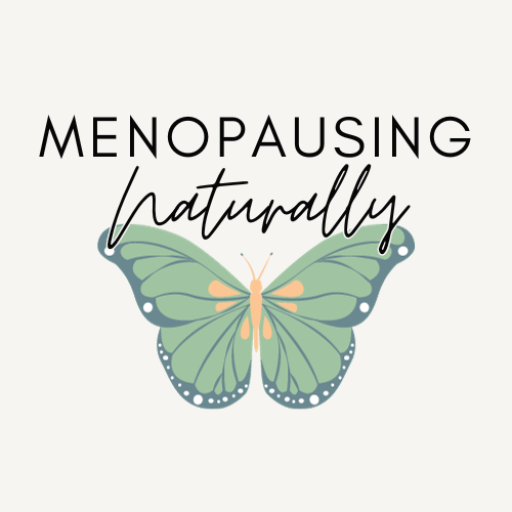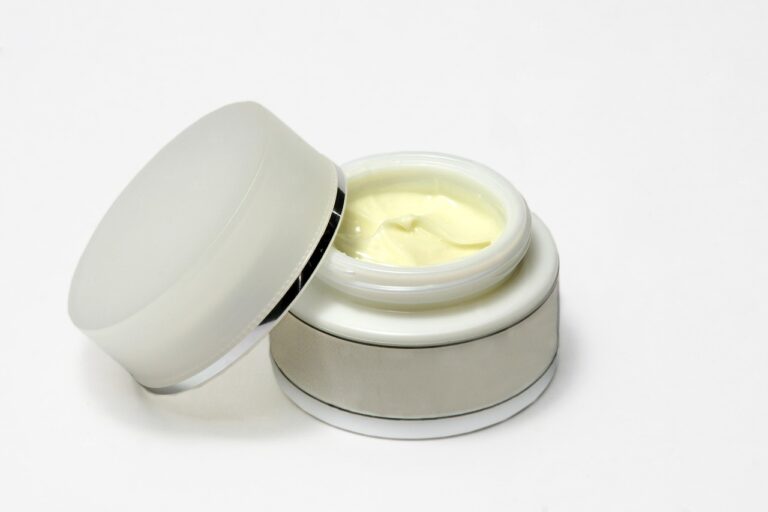Navigating Menopause: Crafting a Healthier Lifestyle
As women gracefully transition through the changes of menopause, cultivating healthy habits takes center stage in ensuring not just physical well-being but also mental and emotional vitality. The journey through menopause is a transformative phase, demanding a proactive approach to health. This article explores the intricate landscape of menopause and how embracing lifestyle adjustments can make this transition smoother and more empowering.
Understanding Menopause: A Holistic Approach

Embracing Hormonal Changes
Menopause signals the end of a woman’s reproductive years, marked by a natural decline in reproductive hormones. This hormonal shift, primarily a decrease in estrogen and progesterone, can lead to a variety of symptoms such as hot flashes, mood swings, and disrupted sleep patterns. Embracing these changes involves acknowledging and adapting to hormonal shifts. Incorporating mindfulness practices into daily life, such as meditation and deep breathing exercises, aids in managing mood swings and fostering emotional well-being.
Prioritizing Physical Health
Beyond the emotional rollercoaster, menopause brings about physical changes that demand attention. Estrogen, a hormone that plays a key role in maintaining bone density, decreases during menopause, increasing the risk of osteoporosis. Maintaining a healthier lifestyle with regular exercise, especially strength training and weight-bearing activities, supports bone health, alleviating the risks associated with hormonal fluctuations. Engaging in activities like yoga not only helps in maintaining flexibility but also contributes to emotional balance.

Building a Foundation: Healthy Lifestyle Adjustments
Dietary Choices Matter
A balanced and nutrient-rich diet is crucial during menopause. Calcium and vitamin D become even more essential during this phase to support bone health. Integrating dairy products, leafy greens, and fortified foods into meals ensures essential nutrient intake. Additionally, incorporating omega-3 fatty acids, found in fish and flaxseeds, can contribute to heart health and reduce the intensity of hot flashes. Dietary adjustments play a pivotal role in managing menopausal symptoms and fostering overall well-being.
Hydration for Hormonal Harmony
A simple yet often underestimated aspect of a healthy lifestyle during menopause is hydration. Staying adequately hydrated aids in temperature regulation, reducing the frequency and intensity of hot flashes. Infusing water with slices of fruits or herbs not only enhances flavor but also adds a refreshing twist to hydration. A well-hydrated body functions more efficiently, contributing to overall health during the menopausal transition.
Sleep Hygiene: A Silent Hero

Establishing a Sleep Routine
Quality sleep is integral for overall health, especially during menopause when sleep disturbances can become more prevalent. Creating a consistent sleep routine signals the body, promoting restful nights. Limiting caffeine intake and reducing screen time before bedtime contribute to a deeper and more rejuvenating sleep. Adequate sleep not only impacts energy levels but also plays a role in mood regulation, essential for navigating the emotional aspects of menopause.
Mindfulness Practices: Nurturing Mental Well-being
Stress Reduction Techniques
Menopause can be mentally taxing as women navigate not only physical changes but also shifts in identity and societal perceptions. Incorporating stress reduction techniques such as meditation, deep breathing exercises, or yoga fosters mental well-being. These practices equip women with tools to navigate the emotional aspects of this life stage, promoting a sense of calm and resilience.
Connecting with a Support System
Acknowledging the challenges of menopause and seeking support are crucial steps in navigating this journey. Connecting with friends, family, or support groups provides a platform to share experiences and gain valuable insights. The emotional support derived from these connections can significantly impact mental well-being during menopause.
Conclusion: A Healthier Tomorrow Starts Today
In summary, the menopausal transition is a natural and transformative part of a woman’s life. Proactively adopting healthy habits becomes more than a choice; it’s an investment in a healthier tomorrow. From dietary adjustments to prioritizing sleep, engaging in regular exercise, and fostering mental well-being, every small change contributes to a healthier and more empowered menopausal experience. As women navigate this phase, embracing lifestyle adjustments becomes a powerful tool for not only surviving but thriving through menopause.






